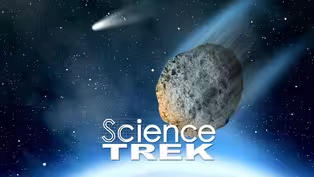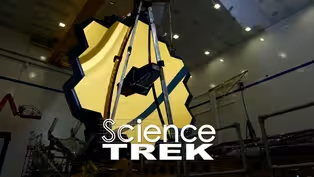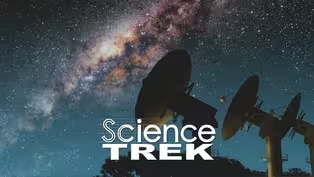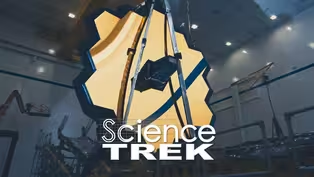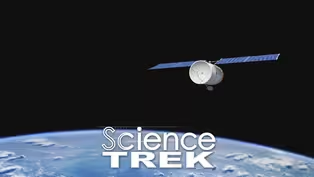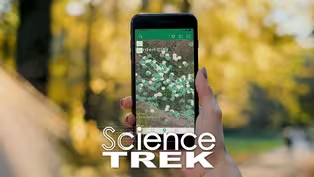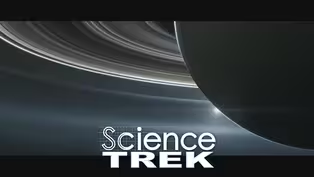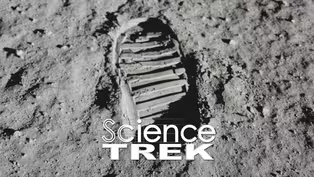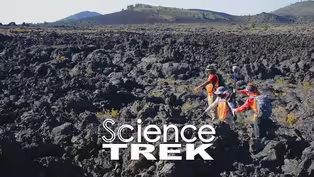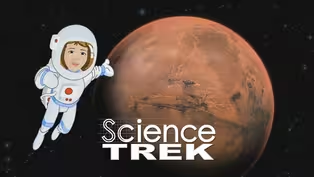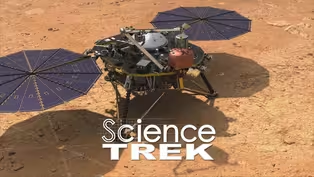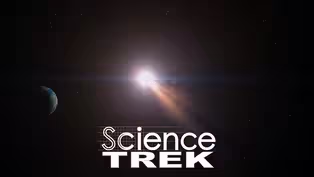
Planets: Tour the Solar Neighborhood
Special | 6m 3sVideo has Closed Captions
Take a tour of our Solar System and learn about planets and much more.
Our Solar System is made up of a sun, eight planets, five dwarf planets, moons and lots of other space bodies. Take a tour and learn more about what’s in your solar neighborhood.
Problems playing video? | Closed Captioning Feedback
Problems playing video? | Closed Captioning Feedback
Science Trek is a local public television program presented by IdahoPTV
Major Funding by the Laura Moore Cunningham Foundation and the Idaho National Laboratory. Additional Funding by Sparklight, the Friends of Idaho Public Television and the Corporation for Public Broadcasting.

Planets: Tour the Solar Neighborhood
Special | 6m 3sVideo has Closed Captions
Our Solar System is made up of a sun, eight planets, five dwarf planets, moons and lots of other space bodies. Take a tour and learn more about what’s in your solar neighborhood.
Problems playing video? | Closed Captioning Feedback
How to Watch Science Trek
Science Trek is available to stream on pbs.org and the free PBS App, available on iPhone, Apple TV, Android TV, Android smartphones, Amazon Fire TV, Amazon Fire Tablet, Roku, Samsung Smart TV, and Vizio.
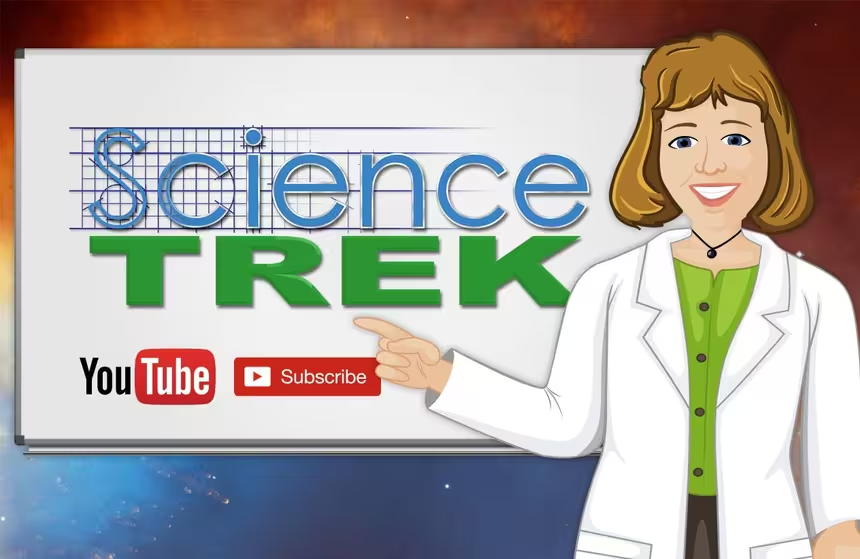
Science Trek
Science Trek is a place where parents, kids, and educators can watch short, educational videos on a variety of science topics. Every Monday Science Trek releases a new video that introduces children to math, science, technology, engineering, and math (STEM) career potentials in a fun, informative way.More from This Collection
Ever since human first looked up in the night sky and wondered what was out there, we have been trying learn more about outer space. Explore the planets. Study asteroids and comets and find out what it is like to train to be an astronaut.
Video has Closed Captions
Asteroids and comets can teach us about the beginnings of the universe. (6m 20s)
Exoplanets: Finding Life With the JWST
Video has Closed Captions
Will biosignatures help us find life on exoplanets? (5m 26s)
Video has Closed Captions
Learn what astronomers learned through the ages. (5m 52s)
Video has Closed Captions
The James Webb Space Telescope could bring amazing discoveries. (6m 53s)
Satellites: The Story of Satellites
Video has Closed Captions
What is a satellite and how do human-made satellites study the Earth and the Universe. (5m 32s)
Satellites: Using Satellites to Find Treasure
Video has Closed Captions
GPS satellites help us navigate around the world and can help us find treasure. Learn how. (6m 22s)
Planets: What Exactly is a Planet?
Video has Closed Captions
How do you decide what a planet actually is? (5m 29s)
Video has Closed Captions
Learn more about the Earth's only natural satellite. (5m 15s)
The Moon: Can You Visit the Moon in Idaho?
Video has Closed Captions
Why did the Apollo astronauts train in Idaho? (6m 7s)
Providing Support for PBS.org
Learn Moreabout PBS online sponsorshipVideo has Closed Captions
Clip: Special | 1m 5s | How long is a day on Mars and why is it different from Earth? (1m 5s)
Video has Closed Captions
Clip: Special | 1m 5s | There are lots of moons in the Solar System, but only one Moon. Find out why. (1m 5s)
Providing Support for PBS.org
Learn Moreabout PBS online sponsorship
- Science and Nature

Explore scientific discoveries on television's most acclaimed science documentary series.

- Science and Nature

Capturing the splendor of the natural world, from the African plains to the Antarctic ice.












Support for PBS provided by:
Science Trek is a local public television program presented by IdahoPTV
Major Funding by the Laura Moore Cunningham Foundation and the Idaho National Laboratory. Additional Funding by Sparklight, the Friends of Idaho Public Television and the Corporation for Public Broadcasting.
